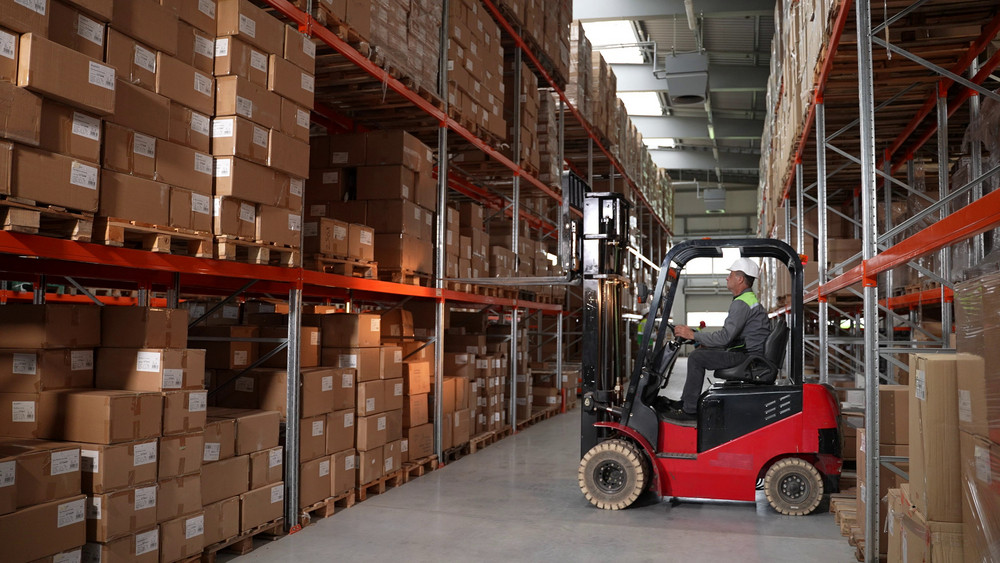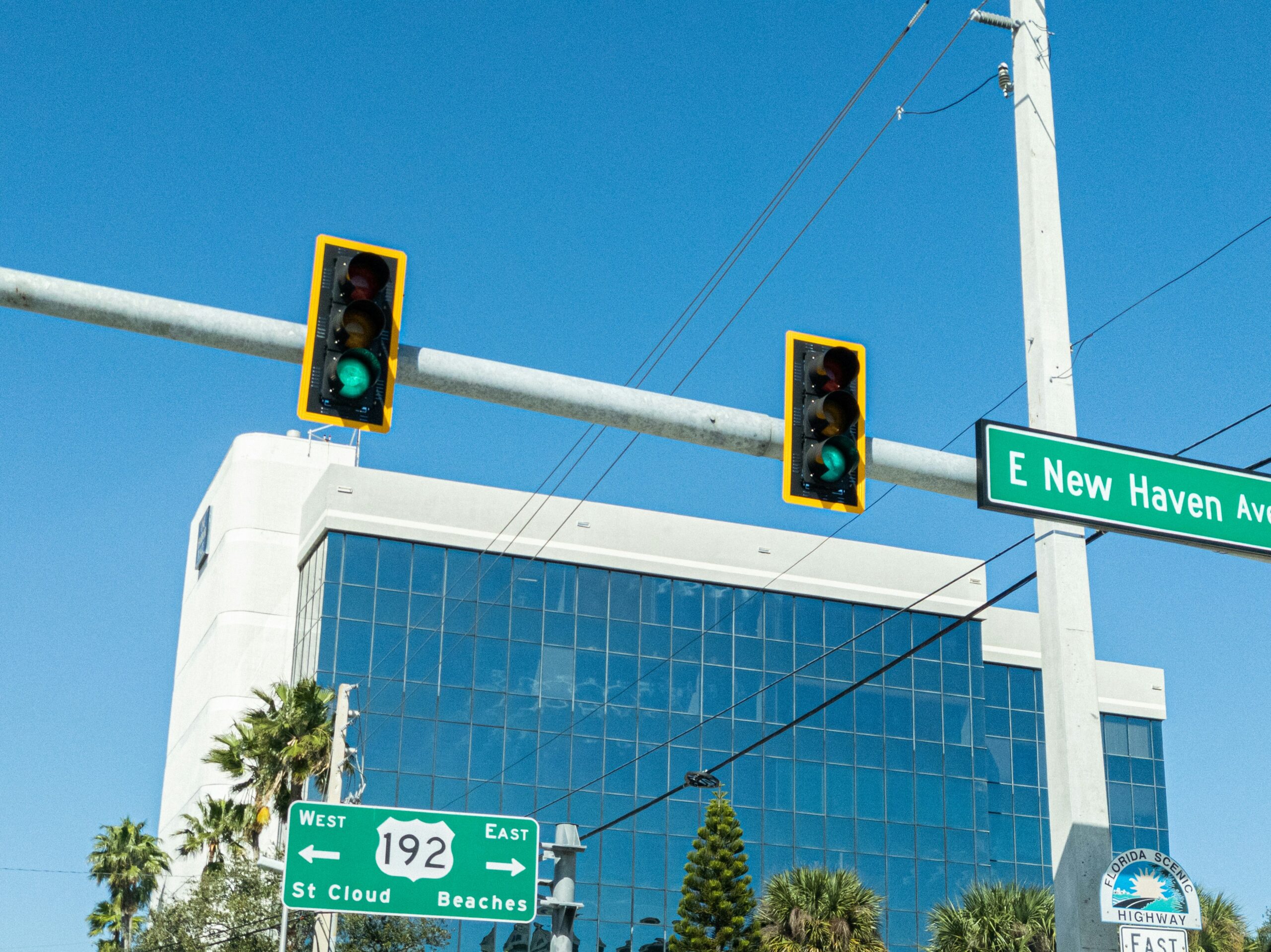How Trump’s Gulf Visit is Opening Doors for U.S. Exporters — and Why Translation Services Are Key


In May 2025, President Trump made headlines with a high-profile visit to Saudi Arabia, the United Arab Emirates, and Qatar. While much of the media coverage focused on political optics and ceremonial fanfare, the real story for businesses is far more compelling: a series of deals and investments that are setting the stage for a new era of economic partnership between the United States and the Gulf region.
The agreements announced during this trip are staggering. Saudi Arabia committed over $600 billion in new investments across U.S. industries such as energy, technology, and defense. Qatar followed with a major deal to purchase over 200 aircraft from Boeing, while the UAE unveiled plans for collaborative ventures in AI and renewable energy. This wave of investment signals an important shift: Gulf nations are not only continuing to spend, but they are prioritizing American products, services, and technologies.
For U.S. exporters and importers, the opportunities are enormous. But as the doors to these markets swing open, there’s an often overlooked — yet crucial — element to successful market entry: effective, culturally nuanced communication. This is where professional Arabic translation services come into play.
Why Translation Matters More Than Ever
When companies think about entering a foreign market, logistics, regulations, and tariffs often dominate the conversation. However, language and communication are just as critical. English may be the language of global business, but in the Gulf, Arabic remains the language of government, contracts, marketing, and everyday life.
An expertly translated document isn’t just about converting words from English to Arabic; it’s about conveying meaning, preserving tone, and ensuring that nothing is lost in translation. Poorly translated contracts can lead to misunderstandings that derail deals. Marketing materials that fail to resonate culturally can alienate potential customers. Technical manuals that aren’t localized can create safety risks and compliance issues.
The stakes are high, and the demand for high-quality Arabic translation services is growing accordingly.
Which Industries Need Arabic Translation Services Most?
Certain industries stand to benefit more than others from the surge in U.S.–Gulf economic activity. Here’s where translation services are not just beneficial, but essential:
Aerospace and Defense With Boeing’s blockbuster aircraft deal and new defense agreements on the horizon, aerospace and defense companies will be drafting technical specifications, contracts, and compliance documents that must be accurately translated into Arabic. Given the complexity and sensitivity of these documents, specialized translation services with expertise in technical and defense terminology are indispensable.
Energy and Infrastructure Saudi Arabia’s massive investments in energy infrastructure will require extensive documentation: project proposals, environmental impact studies, legal contracts, and operating manuals. Accurate translation ensures that these critical documents are clear, compliant, and culturally appropriate.
Technology and Artificial Intelligence As the UAE and Saudi Arabia invest heavily in AI and tech development, American companies offering software solutions, cloud services, and hardware will need translation support for user manuals, licensing agreements, marketing campaigns, and training materials.
Healthcare and Pharmaceuticals The Gulf region is rapidly expanding its healthcare sector, with large investments in hospitals, biotech, and pharmaceutical manufacturing. U.S. healthcare companies looking to export medical devices or pharmaceuticals must ensure that their regulatory documents, patient information leaflets, and clinical trial reports are flawlessly translated to meet Gulf regulatory standards.
Education and E-Learning An often-overlooked sector is education. As Gulf nations push to modernize and diversify their economies, there is growing demand for English-language educational content translated into Arabic, especially in technical fields like engineering, medicine, and business.
What Needs Translating?
Businesses engaging with the Gulf region commonly require translation for a broad range of documents and media, including:
- Legal Contracts and Agreements
- Technical Specifications and Manuals
- Regulatory Compliance Documents
- Marketing Materials (brochures, flyers, websites, ads)
- Product Catalogs and Datasheets
- Financial Reports and Investor Presentations
- Training Materials and Employee Handbooks
- User Guides and Installation Manuals
- Software User Interfaces (UI) and Help Content
- Healthcare Documentation (IFUs, consent forms, clinical trial documents)
- Patents and Intellectual Property Documents
- Customs and Import/Export Declarations
- Safety Data Sheets (SDS)
- E-learning Courses and Educational Content
- Press Releases and Media Kits
- Video Subtitles and Multimedia Content
- Government and Public Sector Tenders
- Annual Reports and ESG Statements
- Customer Support Scripts and Chatbots
The Role of Arabic to English Translation
While much attention is given to English-to-Arabic translation, Arabic to English translation services are equally vital in facilitating smooth business operations. This service becomes critical in several scenarios:
- Legal Disputes: Companies involved in cross-border legal issues require certified translations of Arabic legal documents into English for use in U.S. courts.
- Regulatory Filings: Firms submitting applications to U.S. government bodies, like the FDA or SEC, must translate Arabic documents accurately.
- Investor Communications: Gulf-based companies seeking American investment must present business plans, financial reports, and market studies in English.
- Procurement and Vendor Management: U.S. companies sourcing products or services from Arabic-speaking suppliers need contract terms, specifications, and certifications translated into English.
- Market Research: Businesses analyzing Gulf markets often rely on research papers, surveys, and government publications originally issued in Arabic.
- Media and Public Relations: Press releases, interview transcripts, and media coverage from Arabic outlets require English translation for distribution in U.S. markets.
In each of these cases, precise and culturally aware translation ensures that information is not just understood, but correctly interpreted, facilitating smoother transactions and stronger partnerships.
Choosing the Right Translation Partner
Not all translation services are created equal. For companies targeting the Gulf region, it’s important to choose a partner that offers more than basic translation. Look for agencies that:
- Employ native Arabic speakers with subject-matter expertise.
- Understand Gulf-specific dialects and cultural nuances.
- Provide certified translations that meet legal and regulatory standards.
- Offer localization services to adapt content for regional markets.
Final Thoughts
President Trump’s visit to Saudi Arabia, the UAE, and Qatar has clearly signaled a new chapter in U.S.–Gulf economic relations. For American businesses ready to seize these opportunities, now is the time to act.
But entering a new market isn’t just about showing up — it’s about communicating effectively, building trust, and respecting local cultures. In the Gulf, that means speaking the language — not just linguistically, but culturally.
Professional Arabic translation services are no longer optional; they’re a critical component of any successful market entry strategy. And with the right translation partner by your side, the opportunities are not just within reach — they’re yours to win.









